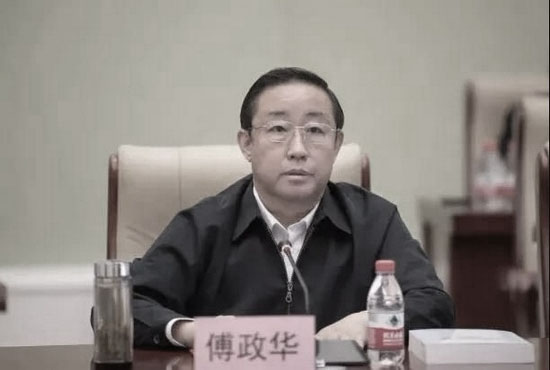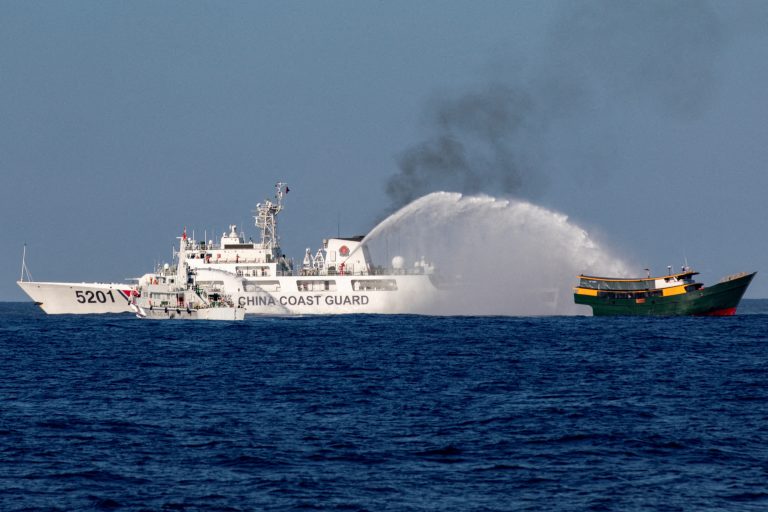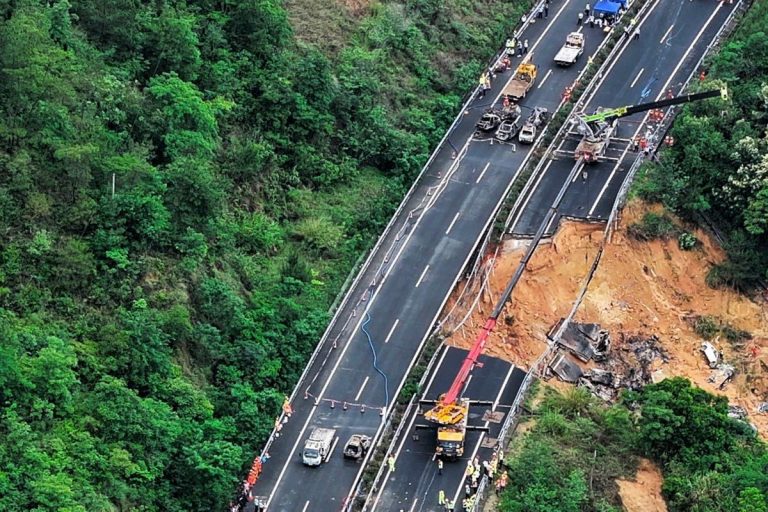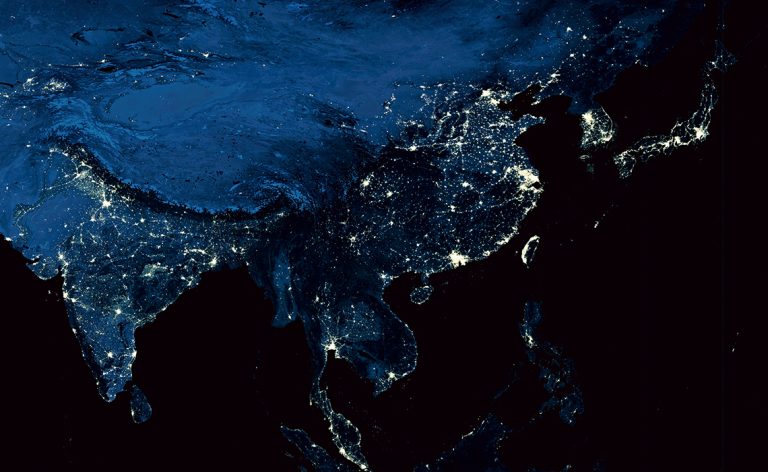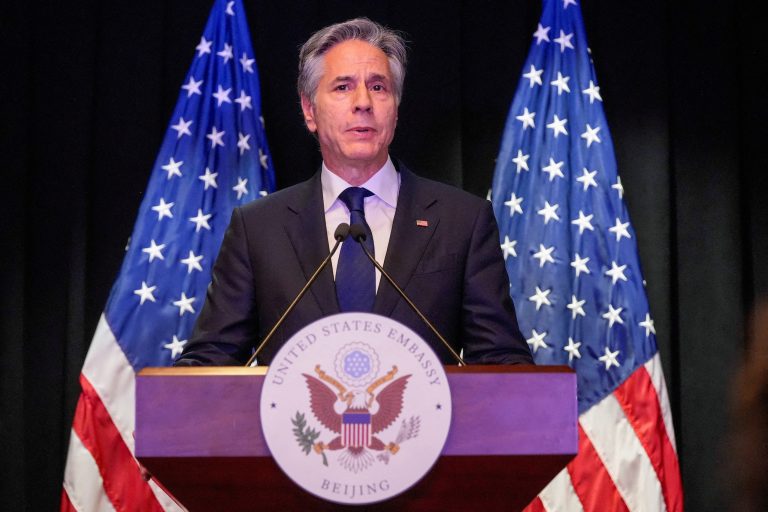Fu, who served as vice public security minister, also played key roles in the persecution of top human rights lawyer Gao Zhisheng and the deadly Lei Yang incident
News analysis
Fu Zhenghua, the retired Chinese justice minister and vice minister of public security who was placed under investigation for corruption on Oct. 2, had a long record of human rights abuses. He also appears to have undermined the authority of Chinese leader Xi Jinping, leading to his downfall.
He shares the same fate as hundreds of other senior officials in the Chinese regime’s security apparatus who have been purged in the nearly nine years since Xi came to power.
During his long career in China’s police force, known as public security, Fu was directly responsible for the “709” crackdown on Chinese human rights attorneys, so named for the mass arrests that began on July 9, 2015. That same year, Fu also took up post as head of the 610 Office, an extralegal Communist Party commission set up to coordinate police and propaganda assets in carrying out the repression of Falun Gong, a popular Chinese spiritual faith.
Success
You are now signed up for our newsletter
Success
Check your email to complete sign up
Fu’s downfall led to the curious phenomenon of both Chinese Communist Party (CCP) officials and rights activists celebrating the same occasion. WeChat postings indicated that the number of people cheering on Fu’s investigation exceeded those celebrating Oct. 1, Communist China’s National Day.
Mobilizing 4,000 officers to throw dirt on Xi
According to insiders, Fu had a hand in the official response to the death of Beijing environmentalist Lei Yang, who died violently in police custody on May 7, 2016.
The incident led to such public uproar that Xi Jinping personally ordered a “fair and just handling” of the case, as reported by the Chinese-language Epoch Times.
But on Dec. 23, prosecutors in Beijing decided not to charge the five police officers allegedly involved in Lei Yang’s death; the local police instead accused Lei of soliciting prostitutes at a “foot massage parlor,” creating even greater public outrage.
Despite Xi’s giving explicit instructions on the Lei Yang case, and the five offending officers being arrested by the Beijing Municipal Procuratorate, the Beijing Public Security Bureau stonewalled the judicial progress.
More than 4,000 officers from the bureau signed a joint letter threatening resignation if the five policemen were tried, compelling the authorities to dismiss the case.
The insiders said that the Xi leadership had launched an investigation into the public security apparatus as a result of the incident. Three months after Lei’s death, in August 2016, Fuwas removed from his position in the Communist Party’s Political and Legal Affairs Commission, though he still held his posts in the civil government.
Mastermind behind the 709 crackdown
As then-vice minister of public security, Fu Zhenghua played the main role in the July 9, 2015 mass arrests of human rights lawyers, who are known for representing clients in politically sensitive cases.
During the 709 crackdown, at least seven lawyers were illegally sentenced to prison for terms of up to eight years. According to Chen Guangcheng, a blind rights activist and exile who now resides in the U.S., more than 200 people were threatened and summoned in his native province of Shandong alone. The number of people thus implicated nationwide exceeds several thousand.
The 709 crackdown marked a major turning point for attorneys defending petitioners, persecuted religious believers, and other disenfranchised members of Chinese society. Though human rights lawyers had faced many challenges in their profession earlier, such blatant repression was not so common.
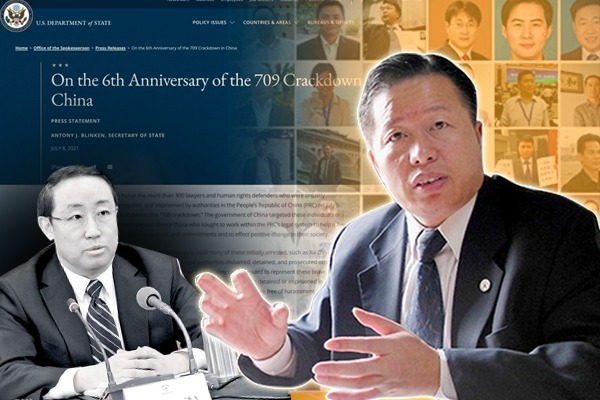
Following the crackdown, lawyers who did not follow the Communist Party’s political requirements were subject to increasingly overt kinds of pressure, with many being disbarred or detained.
The 709 crackdown also elicited attention internationally. The U.S. State Department condemned the arrests, and has commemorated the anniversary.
This July 8, Secretary of State Antony Blinken issued a statement calling the crackdown “a campaign to intimidate and silence those who sought to work within the PRC’s legal system to help it live up to its human rights obligations and commitments and to effect positive change in their society.”
Fu’s human rights abuses allegedly extend to Gao Zhisheng, who during the 2000s was known as one of China’s top 10 lawyers. A devout Christian, Gao was an outspoken defender of persecuted Falun Gong practitioners facing torture, imprisonment, and trial for their faith. For this, Gao and his family were continuously harassed, and the lawyer himself subject to excruciating torture, which included electric shocks to his genitals.
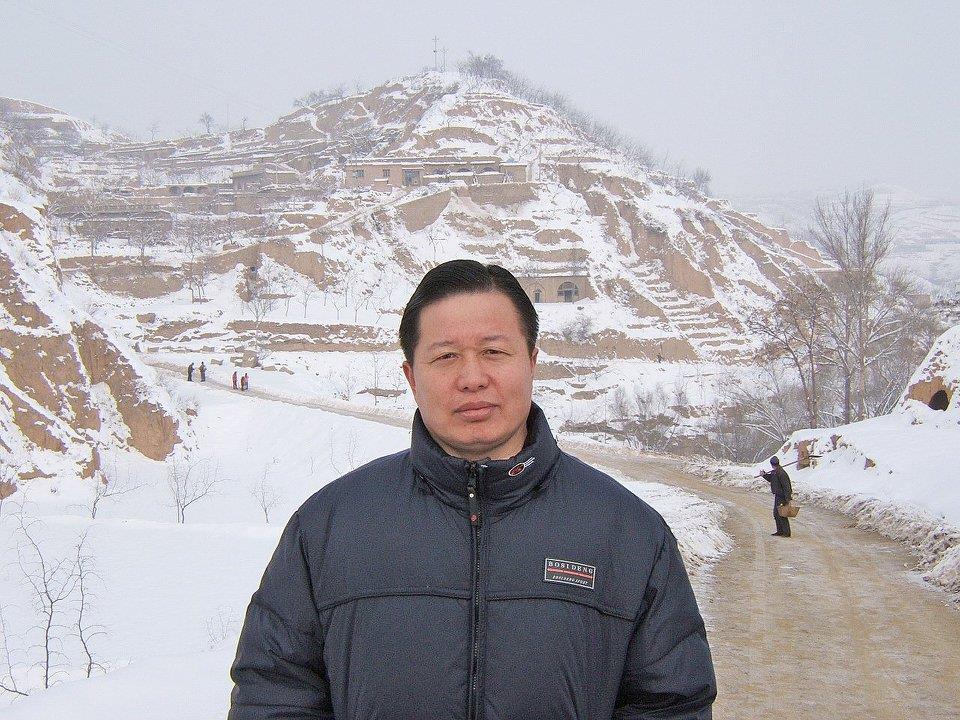
A Chinese-language report by Radio Free Asia named Fu as one of the main culprits in Gao’s persecution.
Jiang Feng, a Chinese YouTube host working with the overseas Chinese-language radio station Sound of Hope, reported that Fu Zhenghua fabricated evidence that artist Ai Weiwei and got him arrested. In order to scare Ai, they showed him the videos of how Gao Zhisheng was tortured.
Jiang Feng said, “We all know that lawyer Zhisheng Gao is a man of great integrity; yet he was tortured like this.” Ai Weiwei confessed to tax evasion after he watched the video of the torture inflicted on Gao.
The policemen who tortured Gao Zhisheng answered directly to Fu Zhenghua. At the time, Fu allegedly told the lawyer: “So you speak for Falun Gong? “We are dealing with you using the same methods that we use to deal with Falun Gong practitioners.”
Undermining Xi’s leadership
Many of those officials punished in Xi’s anti-corruption campaign are distinguished by their career ties to former Chinese Communist Party (CCP) leader Jiang Zemin, who wields significant influence behind the scenes.
All the recently purged high ranking officials in the judicial system, such as Fu Zhenghua, Sun Lijun, who was arrested on September 28, including Li Dongsheng, the previously arrested Vice Minister of Public Security, have all served as directors or vice directors of the “610” Office, which was created by Jiang on June 10, 1999, weeks before the persecution of Falun Gong began.
Despite stepping down from his positions in the early 2000s, Jiang retained much influence in the political and legal affairs commissions, 610 Office, and other organs, which were stacked with his allies.
When Xi came to power in 2012, his consolidation of power and anti-corruption campaign aimed at clearing out the influence of the Jiang faction.
SinoInsider, a New York-based political risk consultancy, notes that more than 10 former senior heads of the 610 Office have been purged this year. The analysts believe that this is due to Xi targeting the “negative political legacy” — the persecution of Falun Gong — left by Jiang and his allies.
Should the need arise, Xi could arrest more senior members of the Jiang faction, including Jiang himself, by holding them responsible for the human rights abuses committed against Falun Gong practitioners, particularly live forced organ harvesting.
Leo Timm contributed to this report.



